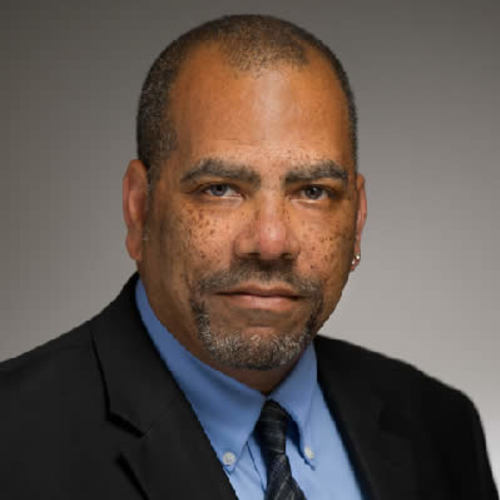The Old Testament: The Pentateuch
Next Session: Sep 02, 2019
Created by Dr. Hugh R. Page, Jr., a Notre Dame Theology Professor, this course will offer a survey of the first five books of the Old Testament, the Pentateuch, with particular emphasis placed on their theological content and scope. Special attention will be given to the implications of the multifaceted engagement of Sacred Scripture in Christian ecclesial contexts for the purposes of preaching, lay ministry, and spiritual formation. At the end of the course, participants will have gained familiarity with some of the major theological themes in each of these and a deeper appreciation of the ways in which these books have been and continue to be used in the enrichment of the Christian life of faith. The course will take students on a metaphorical pilgrimage through Scripture. In so doing, it will invite them to establish a closer kinship with the text and its characters while at the same time providing them with sustenance for the journey. A willing spirit and the ability to read, contemplate, and pray are the only pre-requisites.
Course Content
Unit 1 - Studying the Old Testament, an Overview
- The Bible as Foundation of Spirituality
- The Old Testament's Cultural Context and Setting
- Canon and Theology--Their Relationship to One Another
- Methods used in Studying the Bible
Unit 2 - Genesis
Unit 3 - Exodus
Unit 4 - Leviticus and Numbers
Unit 5 - Deuteronomy
Course Format
- Created by Notre Dame Theology Professor.
- Six weeks in duration, with one week for orientation.
- Typically 15-20 students in each course.
- All lecture text available online in text format.
- Supplemental readings are provided to encourage further exploration of topic, internet links provided for all readings.
- Written assignments (150-200 words) required.
- Facilitator-moderated chat sessions with course participants.
Required Texts
- All course materials are available online in the course.
Participation Requirements
- Read assigned Bible verses, lecture notes, and additional texts; keep notes, questions, and comments for class discussion.
- Participate in the class discussion using the Forums area: post at least 2 comments, questions, or responses per unit.
- Write 150-200 words in response to the assignment in each unit.
- Participate in at least 3 scheduled chat sessions throughout the course.
- Complete the course evaluation.
Time Expectations
4 to 6 hours per week, depending on your learning style and schedule.
Course Certificate
A certificate of completion awarding 30 contact hours will be sent upon completion of all course requirements.

Dr. Hugh R. Page, Jr.
Dr. Page does work in the areas of Near Eastern languages and cultures, Hebrew Bible research, and Afrodiasporan studies. He is particularly interested in early Hebrew poetry; the cartographic impulse of ancient epic; theories of myth; African American biblical interpretation; the use of religious traditions and sacred texts in the construction of individual and corporate identity in the Black community; and the role of mysticism and esoterism in African American, Afro-Caribbean, and Afro-Canadian spirituality. He is a Research Associate of Human Relations Area Files at Yale University, co-chair of the African American Biblical Hermeneutics Section of the Society of Biblical Literature, and belongs to the American Academy of Religion and the Society for the Scientific Study of Religion. He has recently been elected to membership in both the Augustan Society and the Society for the Study of Black Religion. His published works includeExploring New Paradigms in Biblical and Cognate Studies (as editor) andThe Myth of Cosmic Rebellion: A Study of its Reflexes in Ugaritic and Biblical Literature. He has received numerous honors for his academic, administrative, and other activities including the James L. Moore Scholar Award (1989), the Kaneb Award for excellence in teaching (2000), the Erskine Peters Award from the ND Chapter of the NAACP (2000), a Presidential Award from the University of Notre Dame (2001), and a citation from the University's African and African-American Studies Program for outstanding leadership (2002).
B.A., Hampton Institute, 1977; M.Div., General Theological Seminary, 1980; S.T.M., General Theological Seminary, 1983; M.A., Harvard University, 1988; Ph.D., Harvard University, 1990